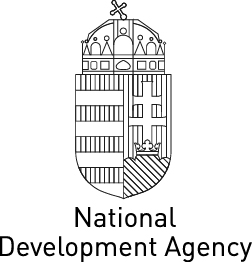Another simplification measure has been introduced by the National Development Agency21 February 2013
The European Commission has officially approved the request of the National Development Agency whereby in certain schemes in the future the potential indirect costs do not have to be supported by separate invoices in the course of accounting. Due to this the administrative burdens of applicants are significantly reduced and the payout of EU money is further accelerated.
The European Commission and the European Social Fund approved the implementation of simplified accounting for Hungary among the first countries. The new method means that the indirect costs can be accounted for on a flat-rate basis up to a certain rate of the occurring direct costs. For the time being this accounting can only be used in the projects of the Social Renewal Operational Programme (SROP).
The request sent to the Commission was based on the analysis of the project data from the previous programming period. The method can be applied for projects participating in tendering procedures and accelerated assessment procedures. Based on the detailed budget table used in the SROP calls each cost has been classified as a direct or an indirect cost this way preventing potential double financing. The basis for determining the flat-rate cost is the total sum of direct costs, the percentage value of which may vary between 13% and 20% depending on the size of the project.
The call entitled ’Support for the employment of disadvantaged target groups by strengthening the capacity of non-profit organizations’ is the first call where the simplification is enforced. The call has been available since the beginning of December on the NDA’s homepage and tenders can be submitted from the beginning of February 2013. In the framework of the scheme non-profit organizations that wish to increase the number of employees can receive salary and training support for the employment of newcomers, young and primarily career starter unemployed people.
With the practical implementation of the methodology the administrative burdens of the owners of the supported tenders and the tasks of the institutional system are significantly reduced and as a result the payout of EU support can remarkably accelerate.

